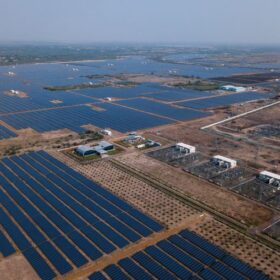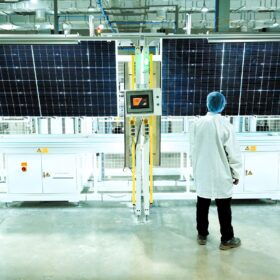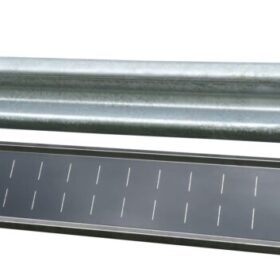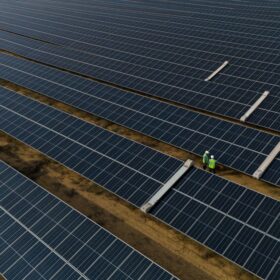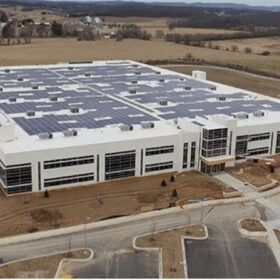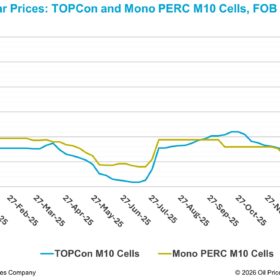Adani Green Energy surpasses 13 GW of operational renewable energy capacity
Adani Green Energy Ltd has commissioned a 250 MW solar project at Badi Sid & Kalyan Ki Sid in Rajasthan, taking its total operational renewable generation capacity to 13,091.1 MW.
Fraunhofer showcases hydrogen microgrid platform
The Fraunhofer Institute for Machine Tools and Forming Technology IWU will showcase a new hydrogen microgrid platform at the end of March. The researchers say it could help to serve hospitals, remote rural areas and war-torn regions.
Renewable energy hiring to surge around 18% in FY25 as demand for skilled professionals rises, finds Teamlease Services
The demand for specialized skills continues to rise, with an emphasis on engineering, project management, data analytics, and sustainable energy solutions. Job roles such as solar panel installers, energy auditors, and operational support professionals are in demand.
Adani Energy Solutions wins INR 2,800-crore transmission project for green hydrogen, ammonia production
Adani Energy Solutions Ltd has won a power transmission project in Gujarat, which will supply renewable power for green hydrogen and green ammonia production in Mundra, Gujarat.
Tecnalia, Vita International developing solar guardrails
Spain’s Tecnalia and Italy-based Vita International have designed a new photovoltaic guardrail, set for testing later this year on a 100-meter stretch of a highway service area between Turin and Trieste, Italy.
Zelestra secures 430 MW/90 MWh renewables-plus-storage project with SJVN
Zelestra will develop a hybrid project combining 250 MW DC solar, 180 MW wind power and a 90 MWh battery energy storage system to supply firm and dispatchable renewable energy.
Regulatory reforms needed to accelerate clean energy adoption, says Primus Partners’ new report
A new report by Primus Partners highlights key regulatory reforms required to accelerate clean energy adoption, stabilize distribution companies (discoms) and boost investor confidence in India’s power sector.
Adani Green commissions 250 MW solar in Rajasthan
Adani Green Energy Ltd has announced the commissioning of its 250 MW solar power project at Bhimsar, Rajasthan.
Securing the sun: How PV industry can thwart cybercriminals
Australia’s rapidly growing solar PV industry faces mounting cyber risks that no operator can afford to ignore. PV systems rely on intricate supply chains, incorporating hardware and software from multiple vendors. Each link in this chain – be it a component manufacturer, a software provider, or a maintenance contractor – can introduce potential entry points for cyberattacks.
C&I solar grows 18% in the United States in 2024
Distributed solar fell 11% in 2024, dragged down by the residential segment, according to Ohm Analytics’s report on the fourth quarter of 2024. However, signs of recovery emerged with a strong fourth quarter and increasing installation volumes throughout the year.
